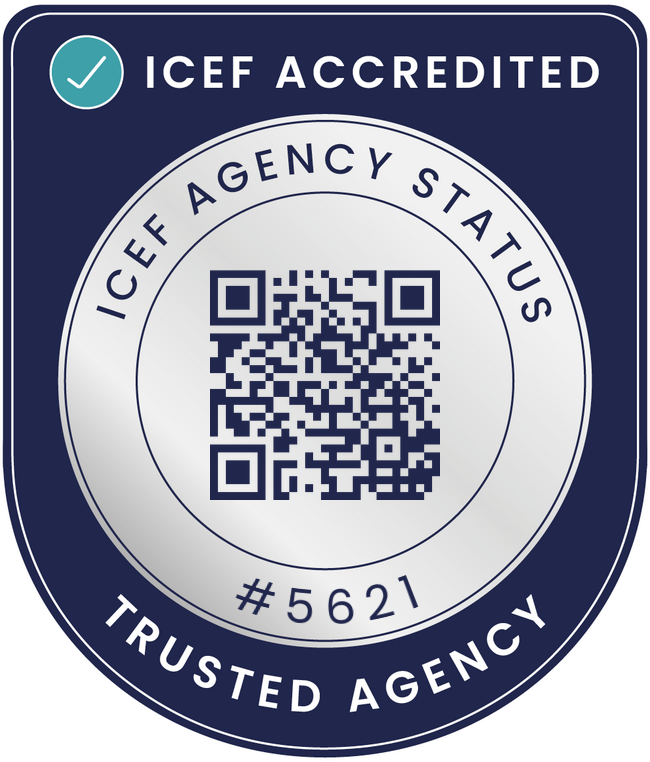Understanding Canada’s Post-Graduation Work Permit Program (PGWPP) Study Requirements

Understanding Canada’s Post-Graduation Work Permit Program (PGWPP) Study Requirements
For international students in Canada, the opportunity to work after graduation through the Post-Graduation Work Permit Program (PGWPP) is a huge advantage. However, it’s important to be aware of the study requirements necessary to qualify for this permit. In this post, we’ll cover the eligibility criteria, the types of institutions that qualify, the field of study requirements, and what you need to know about maintaining your eligibility.
What is the Post-Graduation Work Permit Program (PGWPP)?
The Post-Graduation Work Permit Program (PGWPP) allows international graduates of designated learning institutions (DLIs) in Canada to work for up to three years after completing their program of study. This work experience can later help them apply for permanent residency through programs like the Canadian Experience Class (CEC).
The length of the permit depends on the duration of the study program completed, with students needing to complete at least an 8-month program to be eligible.
Study Requirements for PGWPP
To be eligible for the Post-Graduation Work Permit, students must meet specific study-related requirements, including:
- Enrolment in a Designated Learning Institution (DLI):
Students must have graduated from a DLI. Not all institutions in Canada are DLIs, so it’s important to check that the school you choose qualifies. - Completion of a Program of Study:
The program completed must be full-time and at least 8 months in duration. Shorter programs do not meet the requirements for the PGWPP. - Official Completion Confirmation:
Students need an official letter from their school confirming the completion of their program. They will also need their final transcript before applying for the work permit. - Type of Program:
Only certain programs qualify for the PGWPP. For example, ESL (English as a Second Language) or FSL (French as a Second Language) programs, general interest programs, or programs offered by non-DLIs do not count toward eligibility. - Maintaining Status as a Full-Time Student:
Students must have studied full-time throughout each academic session of their program, with the exception of their final academic session, which can be part-time if necessary.
Field of Study Requirement
In some cases, your study program may have a Field of Study Requirement, which links the program you graduate from to certain occupations that are experiencing long-term shortages in Canada. These fields of study are vital for addressing labor shortages in key industries. If your program falls under this requirement, it increases the likelihood of finding employment and may enhance your eligibility for a post-graduation work permit.
The fields of study are divided into five broad categories:
- Agriculture and Agri-Food:
Programs related to agriculture, food production, and farm management are important to Canada’s food security and export industry. - Healthcare:
Healthcare programs such as nursing, medicine, and other allied health professions are critical due to the increasing demand for healthcare workers across Canada. - Science, Technology, Engineering, and Mathematics (STEM):
Graduates in STEM fields are highly sought after, especially in technology hubs like Toronto, Vancouver, and Montreal. These fields include computer science, data analysis, engineering, and environmental science. - Trade:
Skilled trade programs, such as those related to construction, electrical work, and plumbing, are in high demand as Canada invests in infrastructure and construction projects. - Transport:
Transport programs, including logistics and transportation management, play a vital role in supporting Canada’s vast geography and global trade routes.
Graduating from a program in one of these fields can improve your chances of securing a job in a high-demand area, which can lead to a better application profile for permanent residency.
Eligible Institutions for PGWPP
As mentioned earlier, only graduates from Designated Learning Institutions (DLIs) are eligible to apply for the PGWPP. DLIs are schools that have been approved by a provincial or territorial government to host international students.
It is essential to ensure that your chosen DLI offers programs that make you eligible for a PGWP. Some private institutions may be DLIs, but their programs may not make students eligible for a work permit after graduation. Always confirm this before enrolling.
How Long is the Post-Graduation Work Permit Valid?
The length of the PGWP depends on the length of your study program:
- For programs of 8 months to less than 2 years: The work permit will be valid for the same length as your study program. For example, if you completed a 12-month program, you may receive a 12-month work permit.
- For programs of 2 years or more: Graduates can receive a work permit for up to 3 years.
Importance of Full-Time Status
Maintaining full-time student status throughout your program is essential to remain eligible for the PGWP. There is a small exception for part-time status during the last semester of your program, but for the rest of your study, you must be a full-time student.
Exceptions and Special Considerations
There are a few circumstances where you may still be eligible for the PGWPP, even if your full-time status was affected, such as:
- Taking a leave from studies, if the leave was authorized by your institution and was for a valid reason (e.g., health issues).
- Completing an eligible program that includes an academic exchange, provided that the exchange is part of your DLI program.
Always make sure to keep track of your enrolment status and communicate with your school if any issues arise during your studies.
How to Apply for a Post-Graduation Work Permit
Once you have successfully completed your program and received your confirmation of completion (official letter and transcript), you can apply for a PGWP. Here are the key steps:
- Check Eligibility:
Ensure that you meet all the study requirements mentioned above. - Gather Required Documents:
You will need to provide your letter of completion, final transcript, and proof of graduation when applying for the permit. - Submit Your Application:
The application for a PGWP can be submitted online. Make sure to apply within 180 days of completing your program. - Application Fees:
The fee for applying for a post-graduation work permit is currently CAD 255 (as of 2024).
Conclusion
The Post-Graduation Work Permit Program offers a fantastic opportunity for international graduates to gain valuable Canadian work experience. However, it’s crucial to understand and meet the study requirements to be eligible for the permit. Ensuring that you’re enrolled in a qualifying DLI, maintaining full-time student status, and completing an eligible program are key to making the most of this opportunity.
If you’re planning to study in Canada and aim to work after graduation, ensure that you choose the right institution and follow the necessary steps to secure your work permit. For more information or help with your study visa application, feel free to contact Blue Horse Education today!
Reference Sources: https://www.canada.ca/en/immigration-refugees-citizenship/services/study-canada/work/after-graduation/eligibility/study-requirements.html#wb-auto-5
QUICK LINKS
OUR SERVICES
















